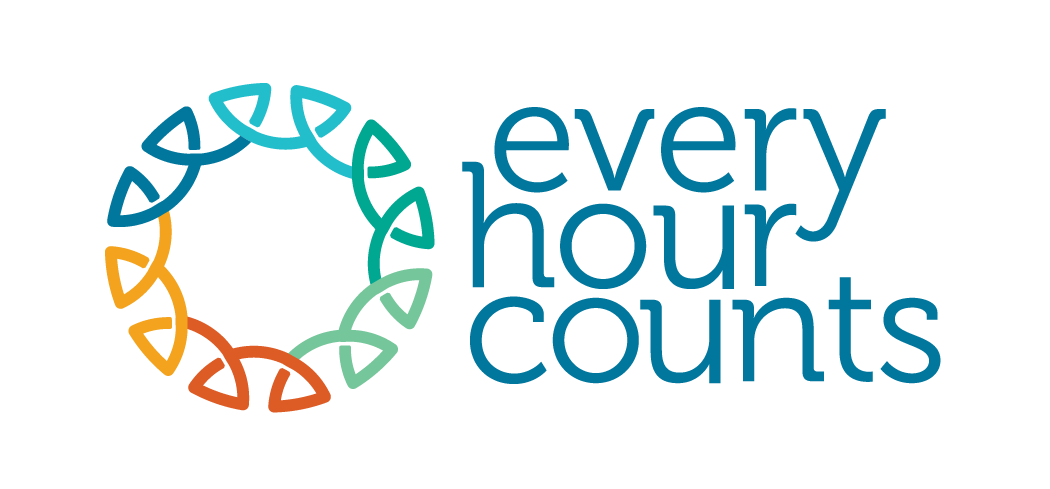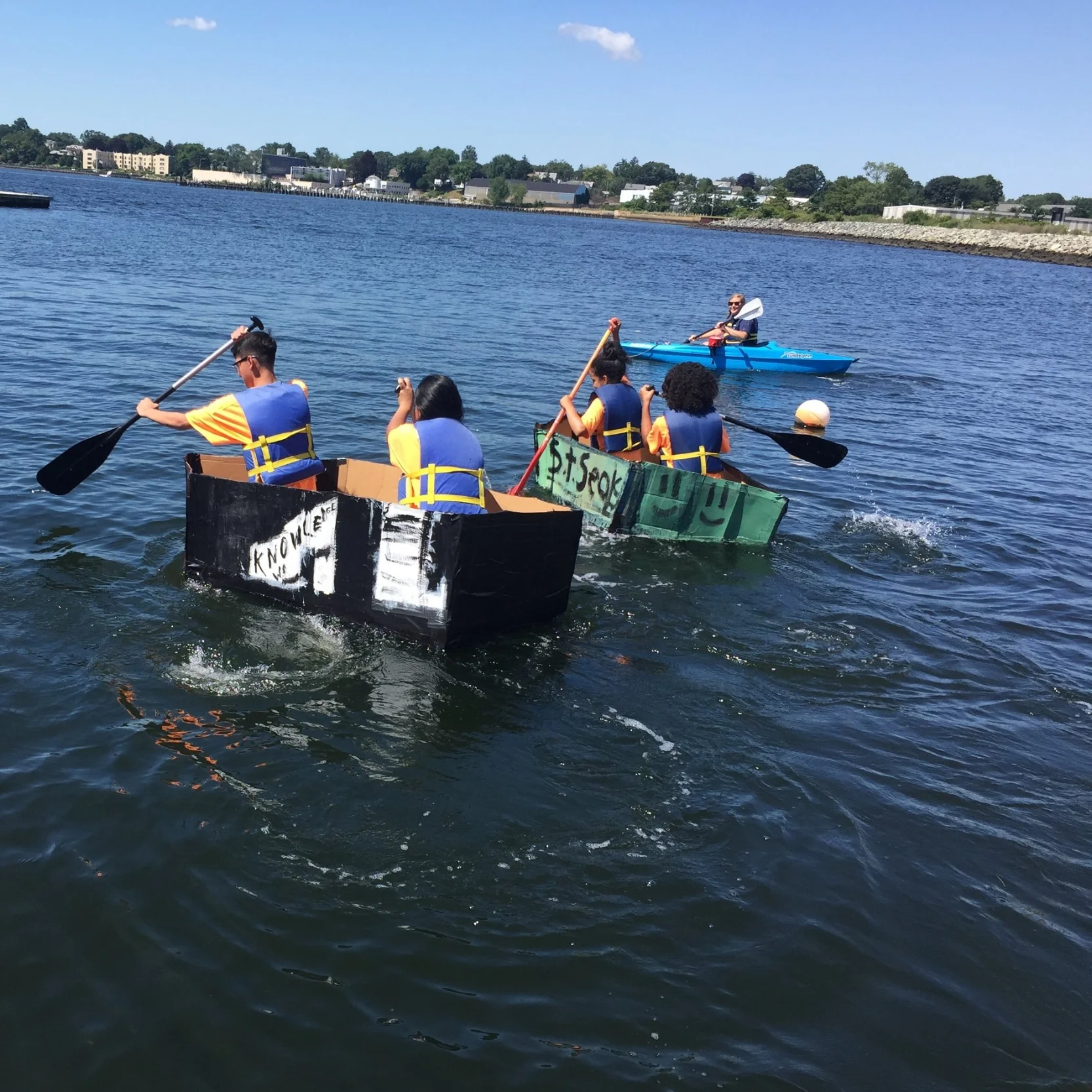Our Vision
Students today need more ways to learn so they are prepared for college and career. But the young people who most need additional learning opportunities are least likely to have them.
Every Hour Counts is a coalition of citywide organizations that increase access to quality learning opportunities, particularly for underserved students.
Our approach — called an expanded-learning system — coordinates the work of service providers, public agencies, funders, and schools, so dollars stretch farther and more young people are served. The result: students with better attendance, grades, and test scores; stronger work habits; more positive social behaviors, and FUN learning opportunities!
What Is an Expanded-Learning System?
An expanded-learning system replaces a patchwork of fragmented service providers with a cohesive team that includes public agencies, service providers, businesses, funders, and schools. This team engages students in high quality learning and enrichment through after-school, summer, and other initiatives. It emphasizes improving access for underserved students, using resources efficiently, improving quality, and delivering results. The content of expanded learning activities varies, from science to performing arts, nature studies, and sports. But they all help students be more connected to school, build self confidence, develop critical thinking skills, and connect with caring adults. Expanded learning experiences typically are coordinated with in-school activities, and in a growing number of cities, they are incorporated into the school day.
Intermediaries: The Engines of Expanded-Learning Systems
Every Hour Counts is a coalition of citywide organizations. Each has built — and continues to develop — an expanded learning system in its own city. These organizations, called intermediaries, unite stakeholders around a shared mission, coordinate and maximize resources, and drive improvement throughout their communities.
An intermediary’s work includes:
• Increasing access by raising funds and targeting resources to where they are most needed as well as guiding policy change that supports expanded learning.
• Driving improved student outcomes by coordinating expanded learning with in-school learning.
• Improving efficiency by building relationships that help public agencies, funders, service providers, schools, and parents work together. Intermediaries also streamline logistics and operations, from scheduling facility use to providing transportation and snacks, creating a unified, cost-effective system.
• Promoting continuous improvement by collecting data about program effectiveness, setting shared expectations for quality, leading multi-year planning efforts, and providing training and professional development.
Expanded-Learning Systems: More Important than Ever
Today we expect more of our students and graduates than ever before. Not only are academic expectations rising, but also employers say they want more emphasis on critical thinking, complex problem solving, written and oral communication, and applied knowledge in real-world settings. With ever-increasing expectations, it’s not surprising that schools struggle to squeeze everything — academics as well as social and emotional skills — into a six-hour day. So where and when do students learn these skills? Learning has to continue outside of school, with music lessons, sports, academic support, and other activities. Unfortunately, students from underserved communities, who typically have the greatest need for additional enrichment, are least likely to get it. They also are less likely to know about the world around them — that they live a mile from the ocean, can visit their city’s museums, and are welcome to walk through a nearby college campus.
Expanded-learning systems fill these critical gaps. Expanded learning teaches students about academics, collaboration, and problem solving. They not only learn how to do better in school, they find new ways to ignite their passions — and to engage in learning and life. Expanded learning also leads to measurable results. A decade of research and evaluation indicates that young people who participate in after-school programs benefit in terms of academic performance, social and emotional learning, prevention, and health and wellness. Yet despite these benefits, more than 18 million young people in America lack access to high-quality after-school programs. In most cases, families’ income levels shape their options. Affluent families typically spend close to $8,900 per child each year on enrichment, compared to families in the lowest income quintile, who spend slightly more than $1,300 per child each year.
Every Hour Counts: Expanding Learning, Expanding Opportunity
Every Hour Counts, formerly the Coalition for Building After-School Systems (CBASS), is a leading voice in promoting the work of building expanded-learning systems.
Every Hour Counts:
• Supports a community of practice by sharing promising practices and engaging in knowledge sharing activities.
• Developed a Measurement Framework that describes common measures for outcomes at the youth, program, and system levels. This framework provides a blueprint for coordinated accountability and improvement, so quality practices lead to measurable, improved outcomes for students.
• Leads demonstration projects that test the feasibility of policy and practice concepts, and disseminates findings and tools for replication.
• Serves as a clearinghouse of information about expanded-learning systems.
• Convenes stakeholders to share knowledge and ideas.
• Advocates for policy change.
• Provides local, customized technical assistance.
The Every Hour Counts coalition represents longstanding partnerships with more than 1,400 schools, districts, and community-based organizations that provide quality after-school and summer programming. Every Hour Counts partners support initiatives that reach 240,000 students each year.



